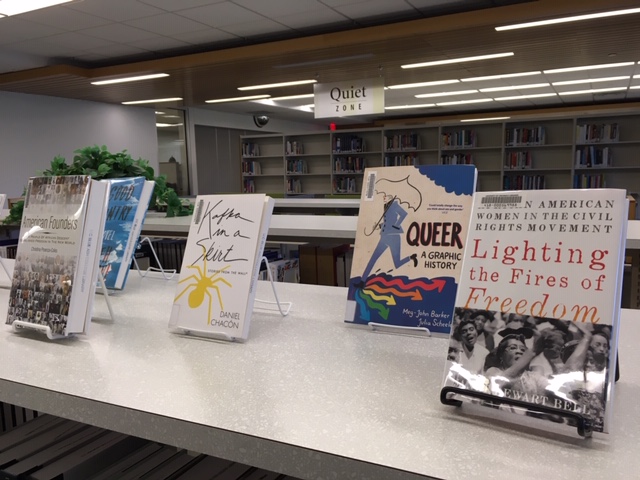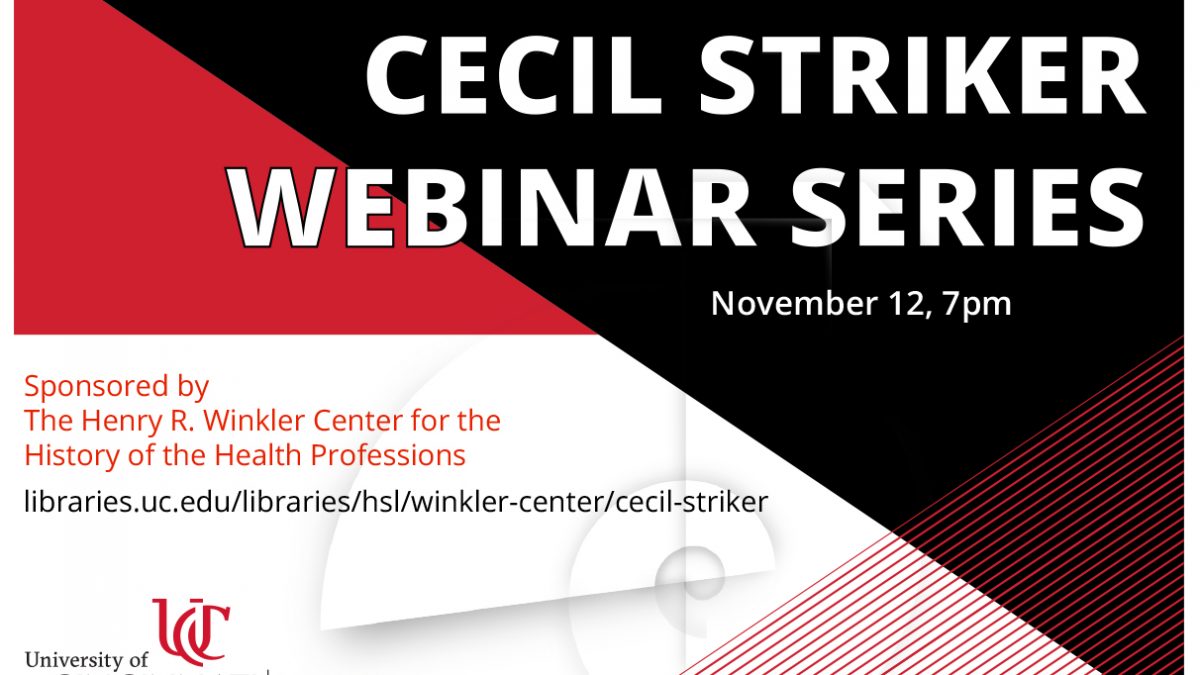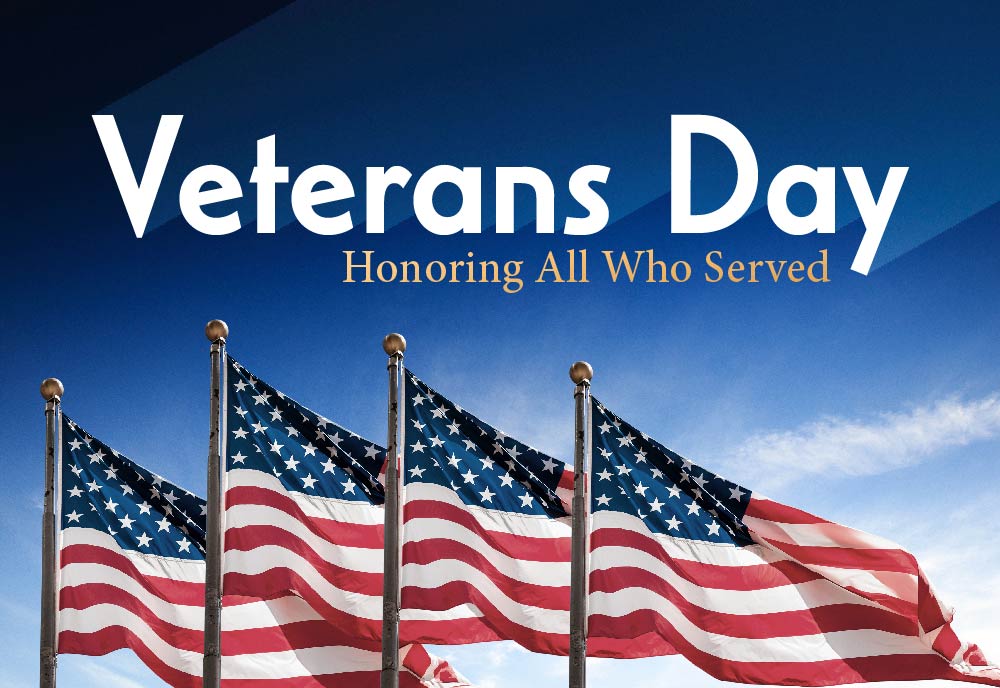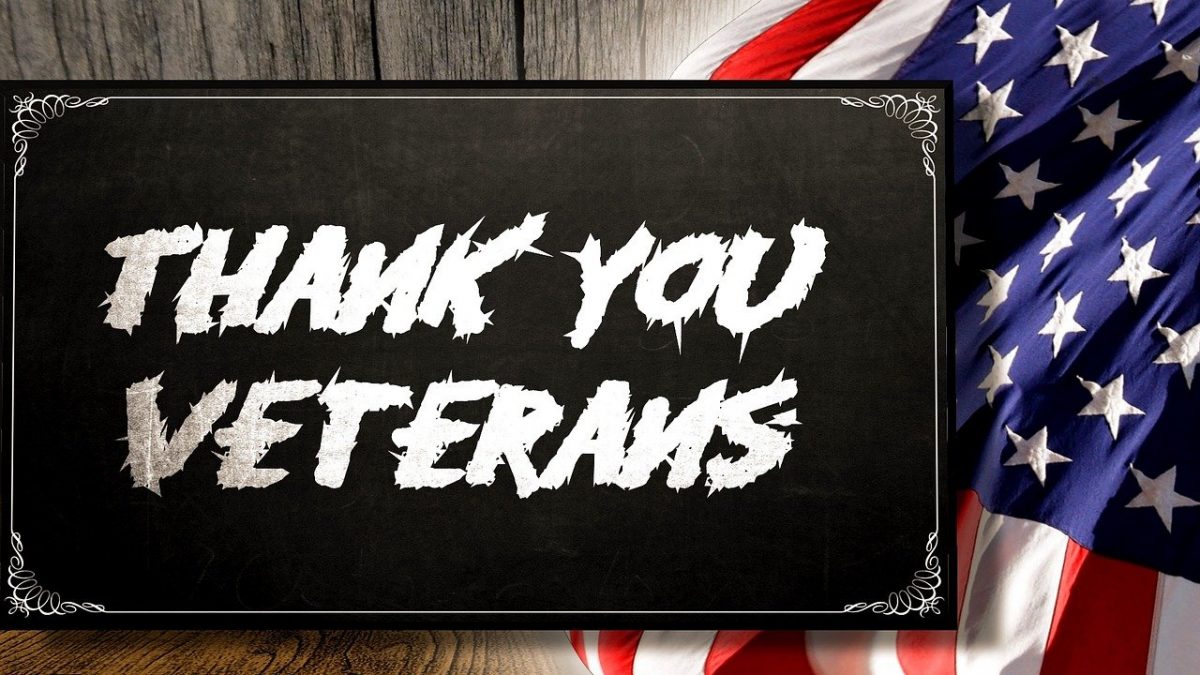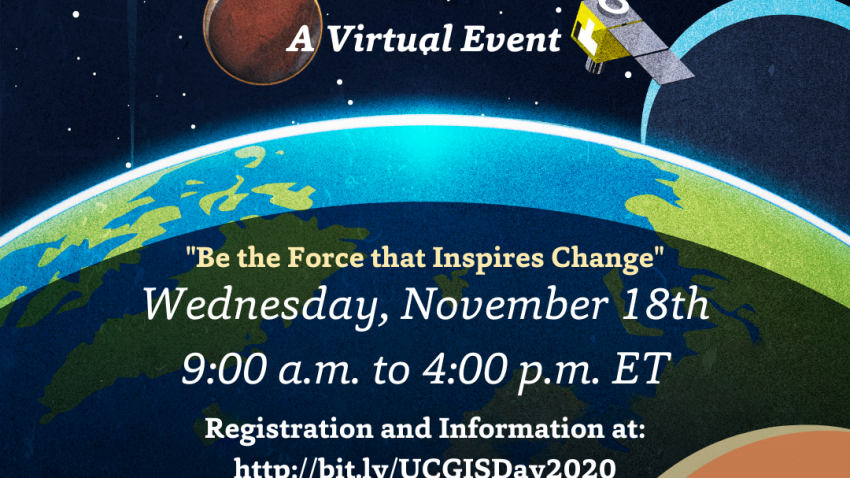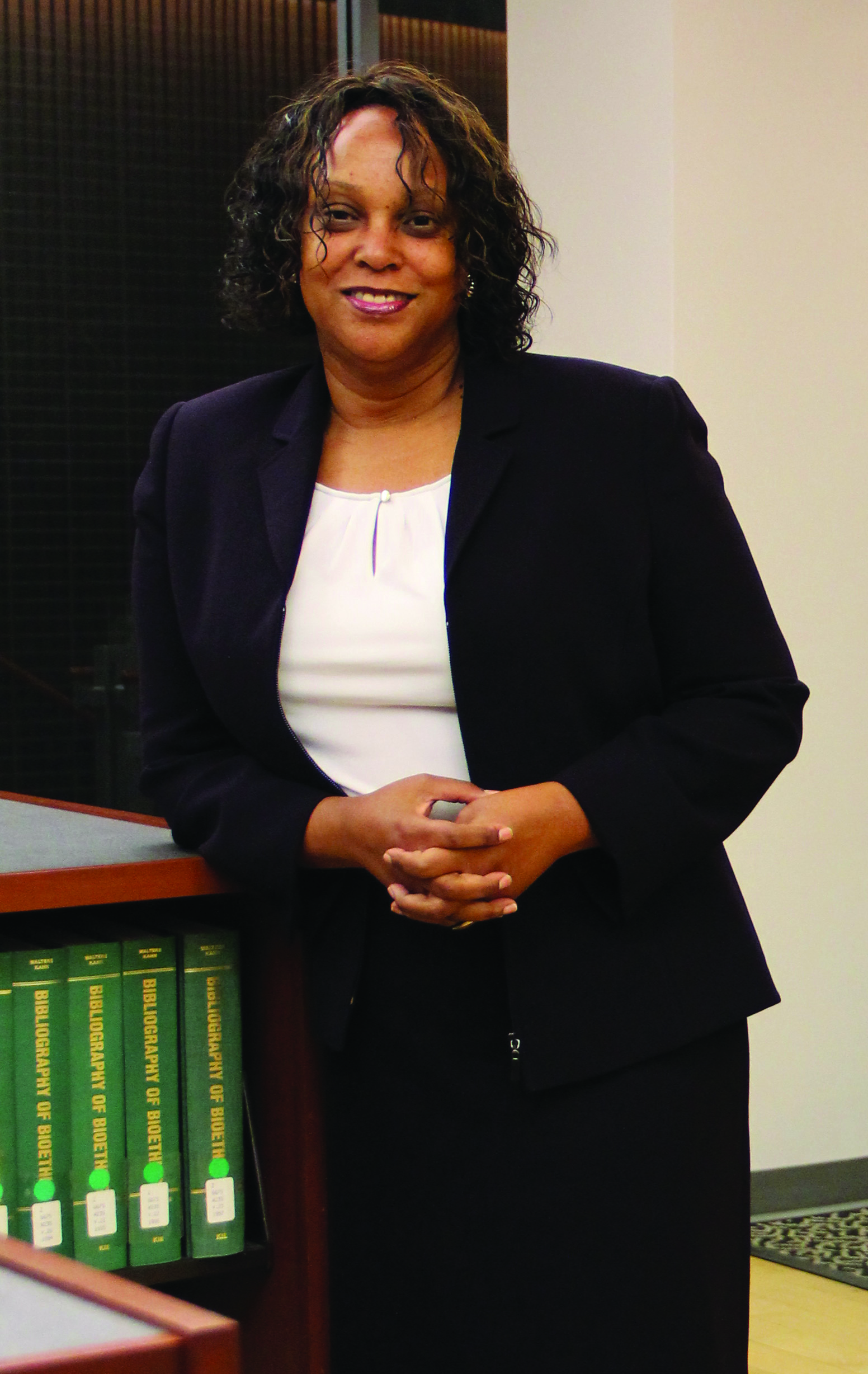 Xuemao Wang, vice provost for digital scholarship and dean and university librarian, is pleased to announce that Lori E. Harris has been appointed UC Libraries assistant dean and director of the Donald C. Harrison Health Sciences Library and the Henry R. Winkler Center for the History of the Health Professions.
Xuemao Wang, vice provost for digital scholarship and dean and university librarian, is pleased to announce that Lori E. Harris has been appointed UC Libraries assistant dean and director of the Donald C. Harrison Health Sciences Library and the Henry R. Winkler Center for the History of the Health Professions.
In her new role, Harris will plan, direct and assess the services and resources of the Health Sciences Library and Winkler Center within the context of UC Libraries’ mission and strategic plan. She will develop and implement library procedures, collect and analyze library data and oversee the implementation of the Health Sciences Library and Winkler Center strategic directions. She will provide leadership and coordination of the daily operations of the Health Sciences Library and Winkler Center.
Harris joined UC in 2016 as the assistant director of the Health Sciences Library after completing the second year of her National Institutes of Health (NIH), National Library of Medicine (NLM) Associate Fellowship Program at UC Libraries. She received her MSLS from the University of North Carolina at Chapel Hill and holds a B.A. in American Studies from Smith College.
During her tenure at UC Libraries, Lori has lead and collaborated in numerous initiatives and projects including acquiring and managing the traveling Native Voices: Native Peoples’ Concepts of Health and Illness exhibition to the Health Sciences Library, serving as interim director of the Health Sciences Library since January 2019 and co-leading the Libraries Return to Campus Task Force, which is managing how the libraries are providing access to research, services and facilities during the pandemic.
“My time at UC Libraries has been a rewarding one, and it’s just beginning,” said Harris. “I look forward to working with my library colleagues in this new capacity to continue to provide access to the Health Sciences Library’s and Winkler Center’s excellent research collections and services that help to advance the university’s research, teaching, learning and clinical practice initiatives.”
To learn more, read an interview with Lori Harris that appeared in Source in September 2015 when she first came to UC Libraries as an NIH/NLM associate fellow. Congratulations, Lori!
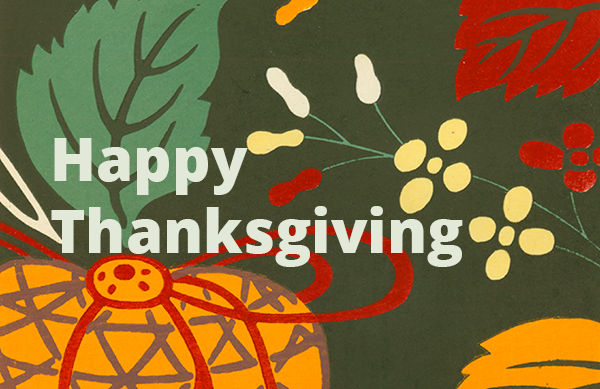 The University of Cincinnati Libraries will be closed Thursday, November 26 and Friday, November 27 for Thanksgiving, with the Walter C. Langsam Library closing early on Wednesday, November 25 at 5pm.
The University of Cincinnati Libraries will be closed Thursday, November 26 and Friday, November 27 for Thanksgiving, with the Walter C. Langsam Library closing early on Wednesday, November 25 at 5pm. 
